The EU Must Fight the US Embassy Move to Jerusalem
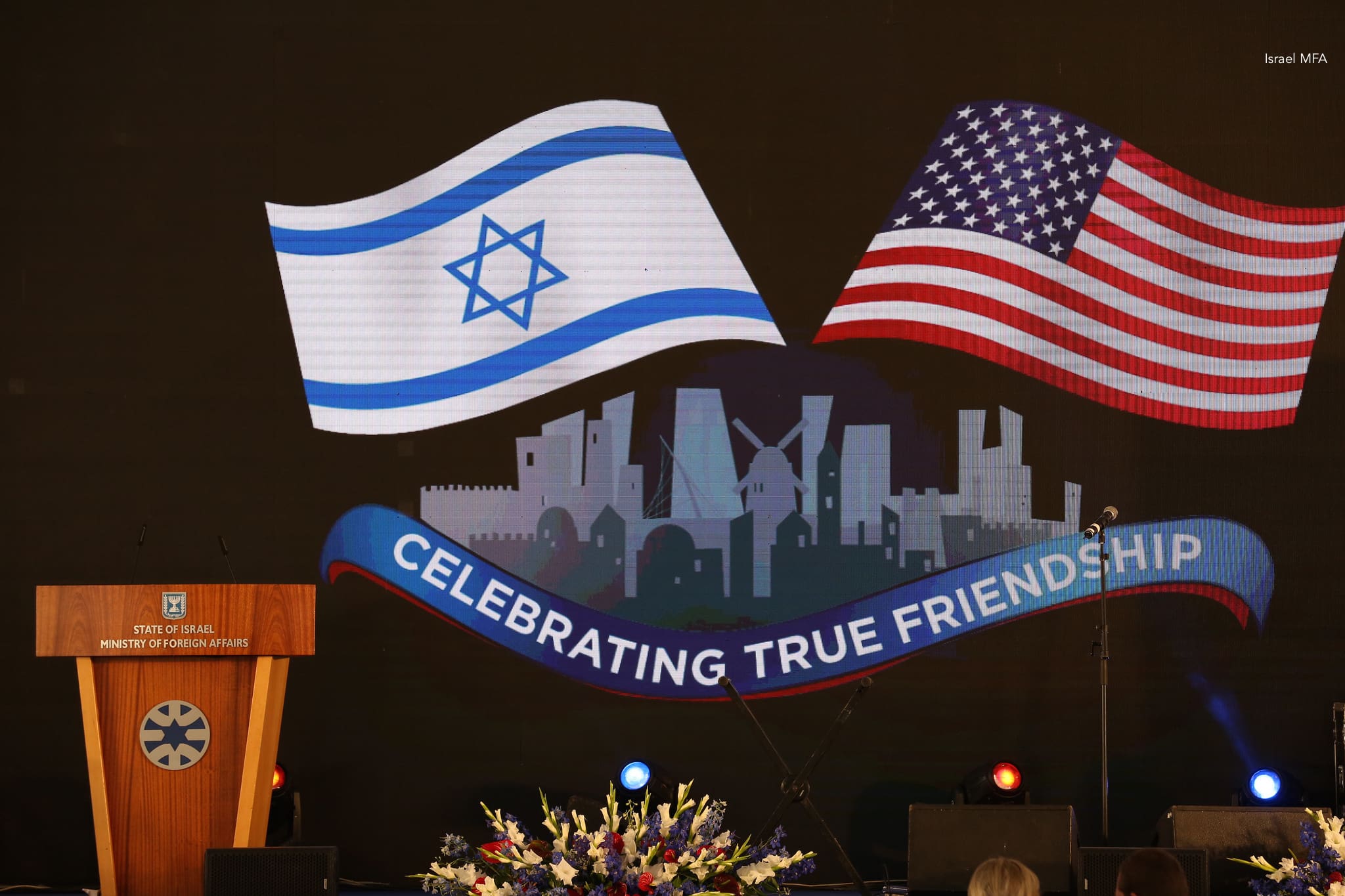
In the face of the US embassy move, Al-Shabaka Policy Fellow 24588 argues that the European Union remains one of the few spaces left to pursue Palestinian rights in the international arena. She proposes immediate steps the EU can take to uphold its commitments to Palestinians, including boycotting diplomatic meetings and functions at the new US embassy.
Abbas’s Craven Response to the US UNRWA Cuts
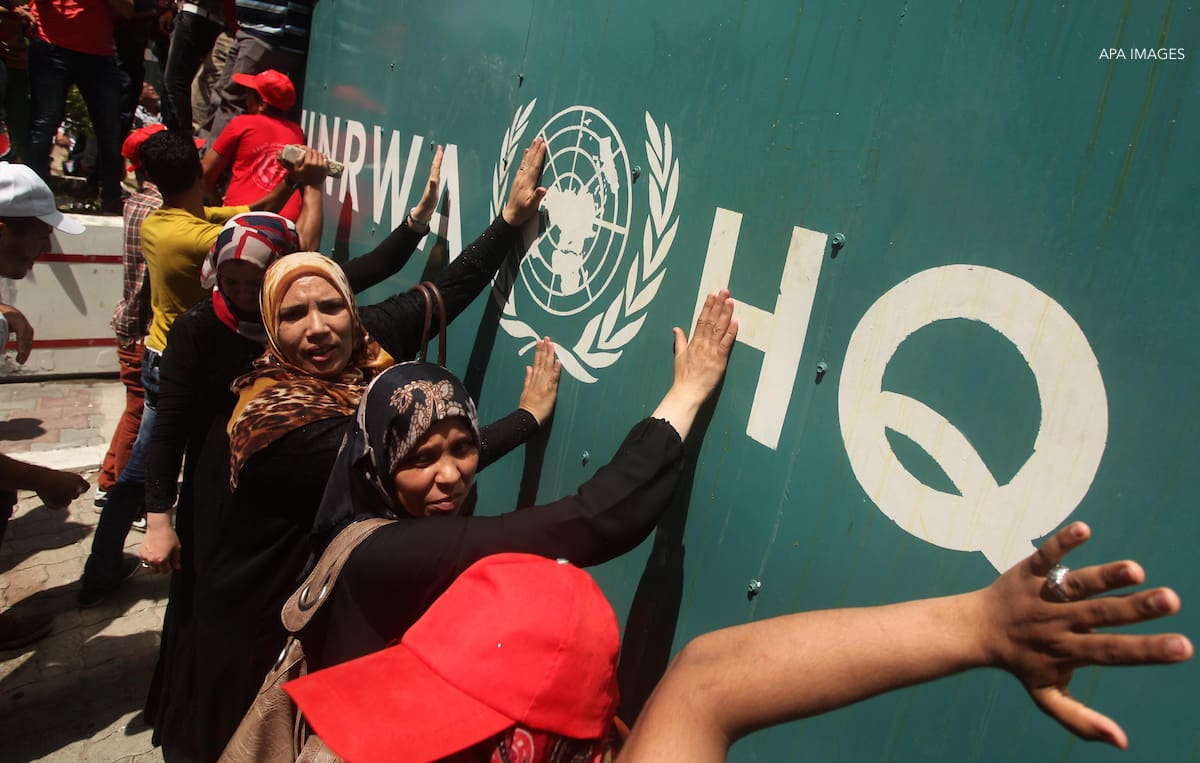
The US administration’s $65 million cut to UNRWA has placed the agency in jeopardy, prompting an international conference in Rome this week to help it meet its financial needs. Al-Shabaka Policy Analyst Randa Farah analyzes Palestinian Authority President Mahmoud Abbas’s response to the US move, and calls for Palestinian grassroots action in the face of the crisis.
US Palestine Solidarity: Reviving Original Patterns of Political Engagement
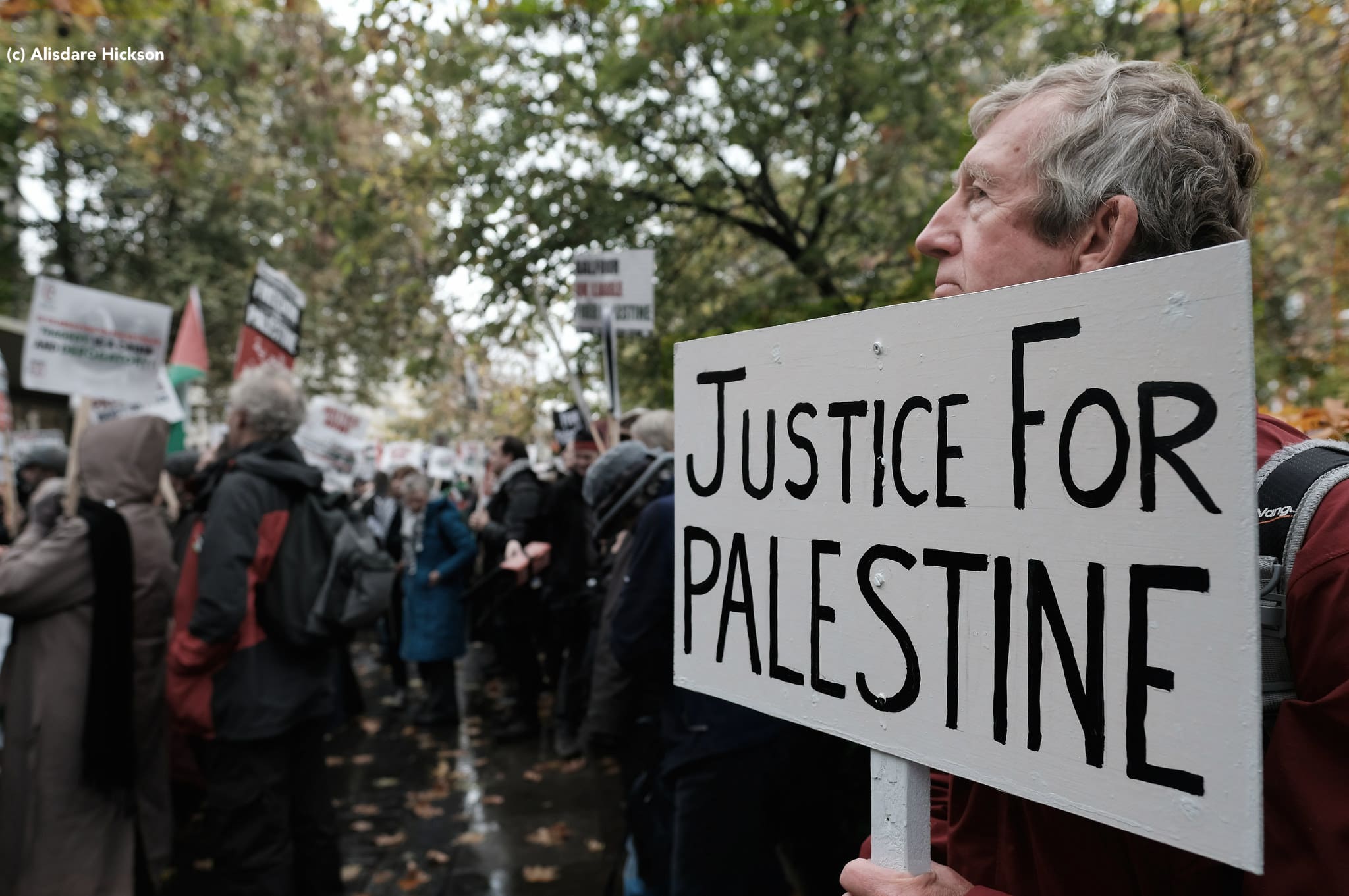
The US Palestine solidarity movement is returning to a joint struggle approach, a strategy that faded after the Oslo Accords when dominant solidarity activists focused on Palestine as a single issue. Al-Shabaka Policy Analyst Loubna Qutami traces this development, assesses its benefits and challenges, and recommends ways to strengthen organizing for Palestinians in the US.
Imposing Peace: Trump and the Palestinians
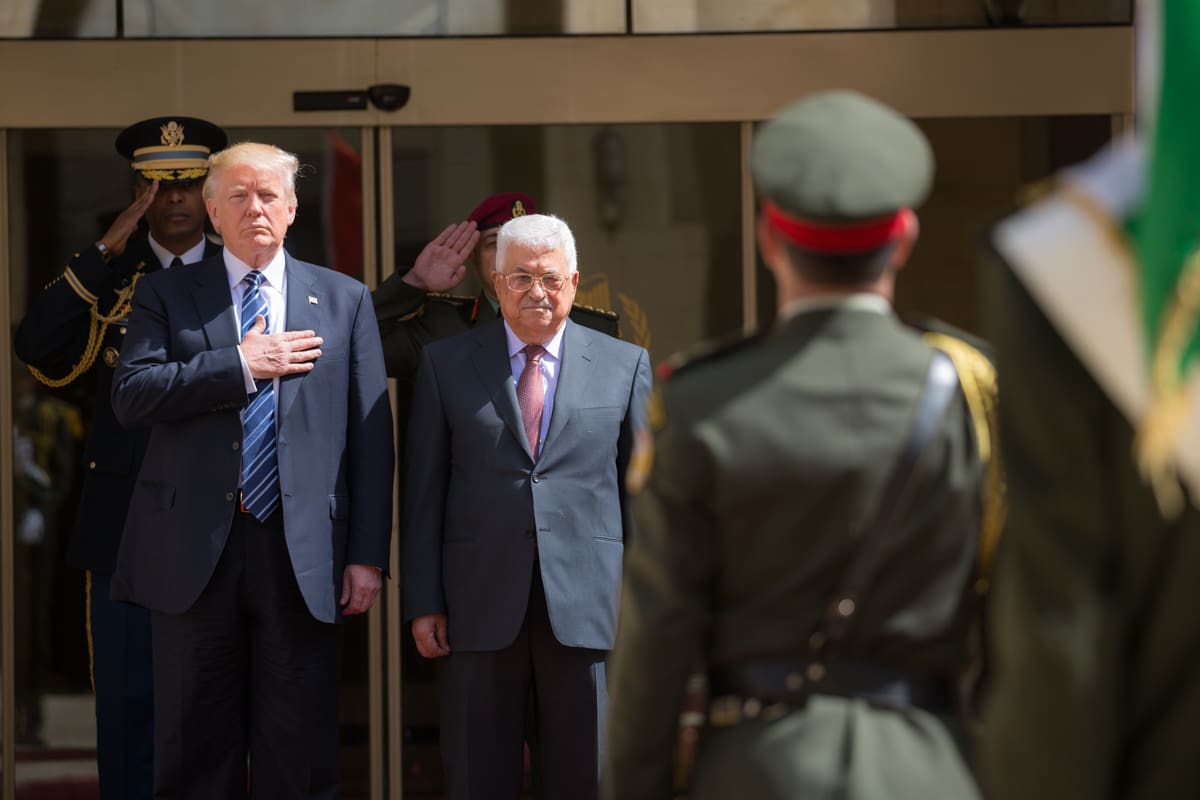
What does Trump’s recognition of Jerusalem as Israel’s capital mean for Palestine and the Palestinians? In a new commentary, Al-Shabaka Policy Analyst Osamah Khalil traces seven decades of US policy that laid the ground for this move.
After Balfour: 100 Years of History and the Roads Not Taken
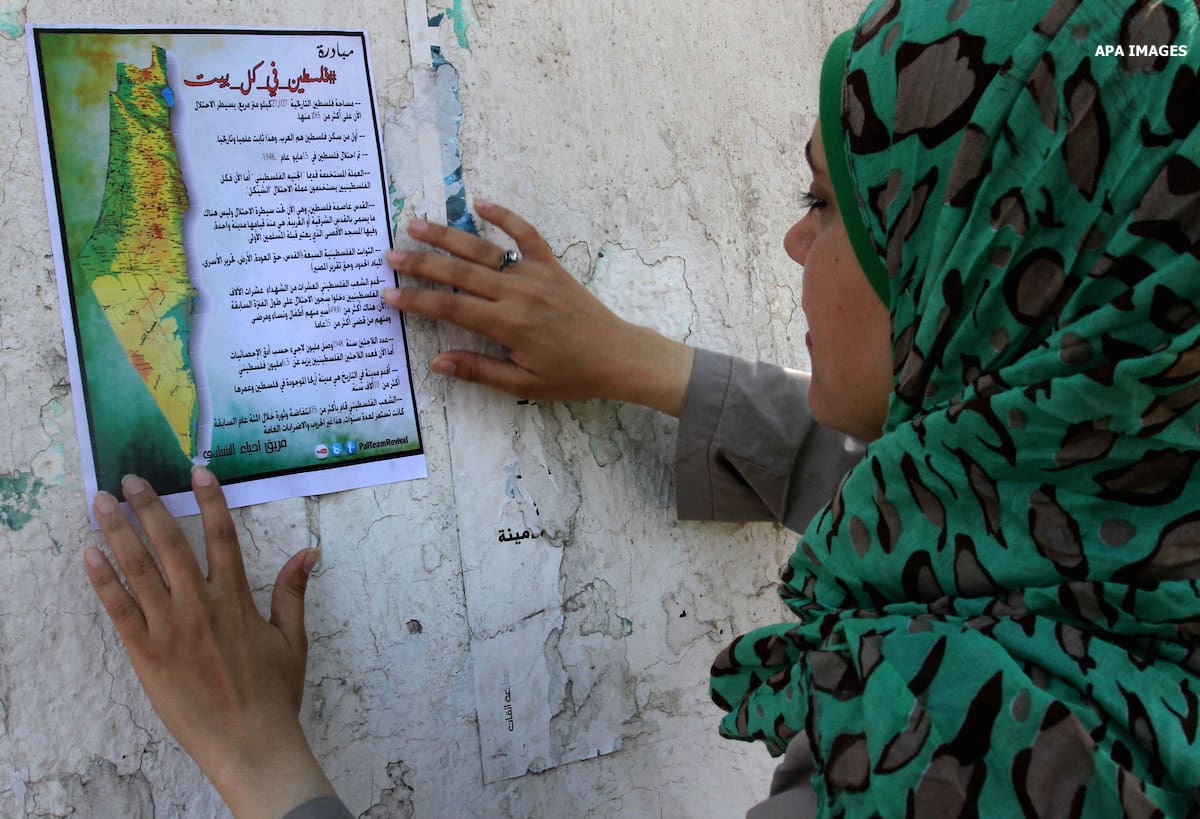
November 2, 2017 marks the 100th anniversary of the Balfour Declaration, the British statement that paved the way for the state of Israel. Were there any points during the past century when the Palestinians could have influenced the course of events for a different trajectory? Al-Shabaka’s historians and analysts identify six forks in the road where things might have gone differently, and draw lessons for the future.
The Policies Kushner Should Push For
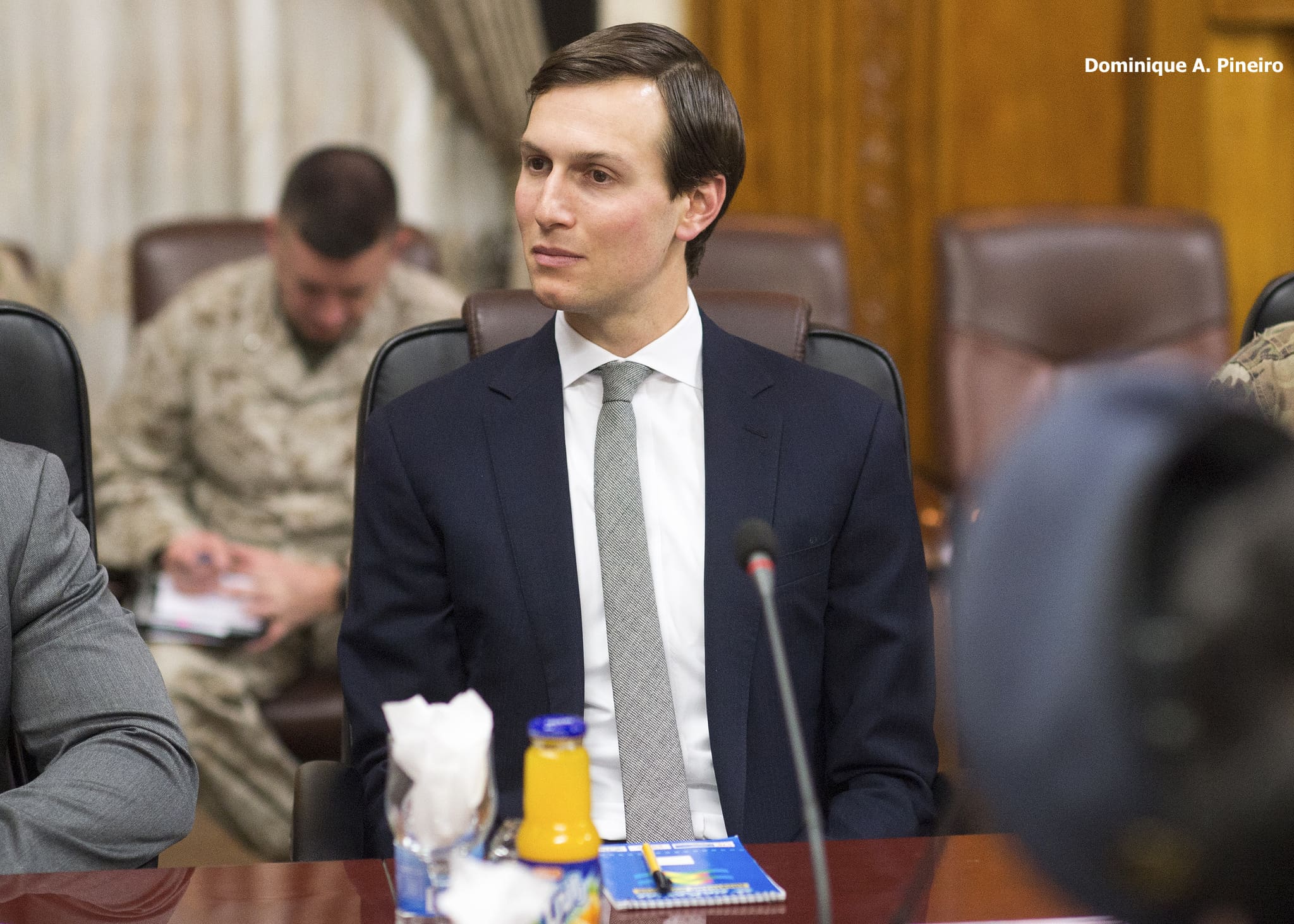
Senior Advisor to President Trump Jared Kushner’s latest attempt to restart the Israeli-Palestinian “peace process” will focus on “economic development” projects. Yet, as Al-Shabaka Analyst Zaha Hassan writes, such initiatives are not a substitute for real political change.
One Hundred Years and Counting: Britain, Balfour, and the Cultural Repression of Palestinians
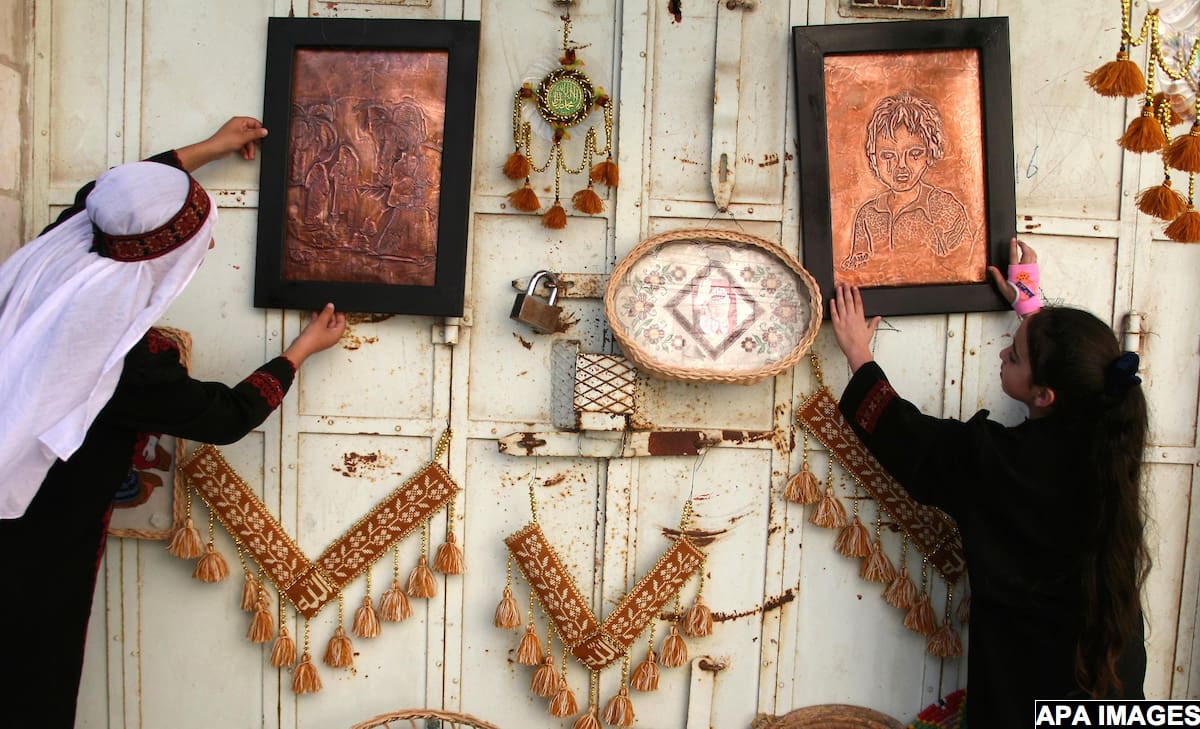
The government and corporations of the United Kingdom have recently intensified efforts to censor Palestinian creative expression. Al-Shabaka Policy Member Aimee Shalan traces the roots of these attacks on Palestinian history and culture to the 1917 Balfour Declaration and offers recommendations for how civil society can bring the UK to change its approach.
The US Elections, Attacks on Activists, and a Changing Discourse
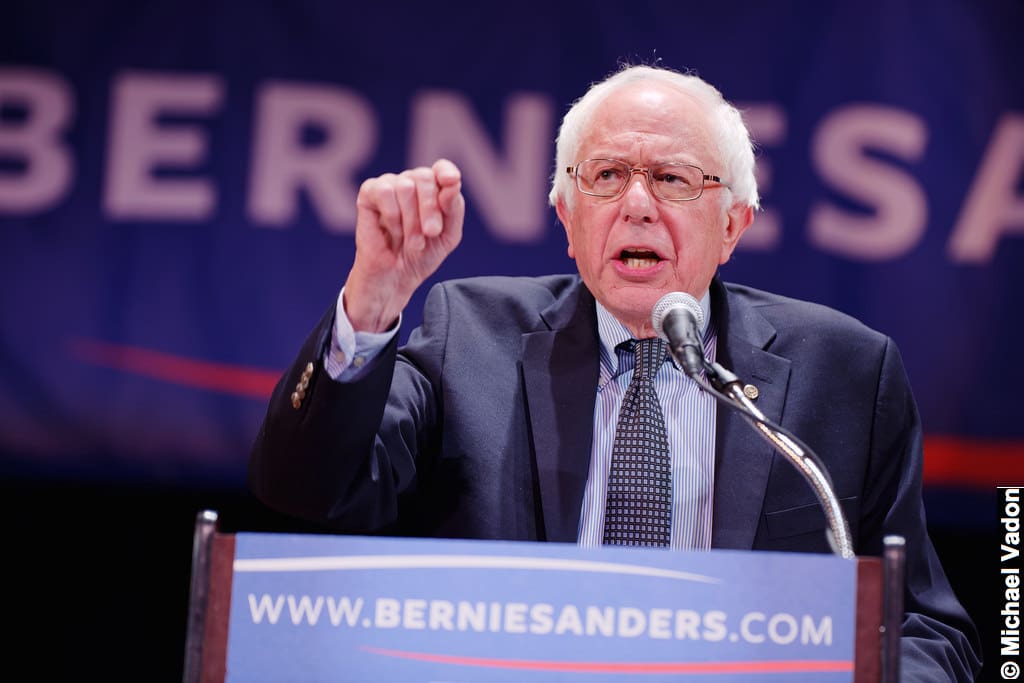
The ongoing shift in discourse in the United States has as yet had little effect on politics and none on policy, argues Al-Shabaka Policy Advisor Rashid Khalidi. He discusses Israel’s attempts to close the floodgates of debate and activism that boycott, divestment and sanctions (BDS) tactics have forced open, as well as the dangerous Israel-Gulf alliance.
Pope Francis, American Churches, and Palestinian Rights
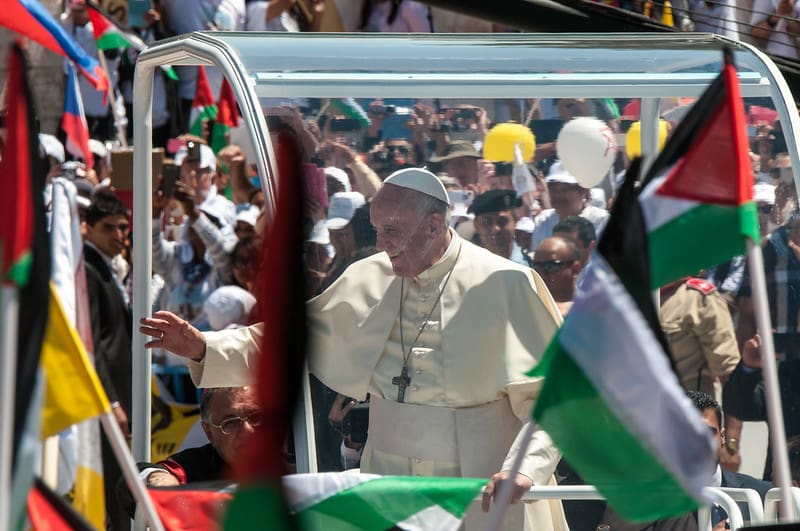
Pope Francis has attracted attention for his support of causes the establishment ignores, including the rights of the Palestinian people. And yet the US Catholic Church lags behind other American churches. Al-Shabaka’s Grace Said and 24445 take advantage of the Pope’s US trip to challenge his church to go further.







